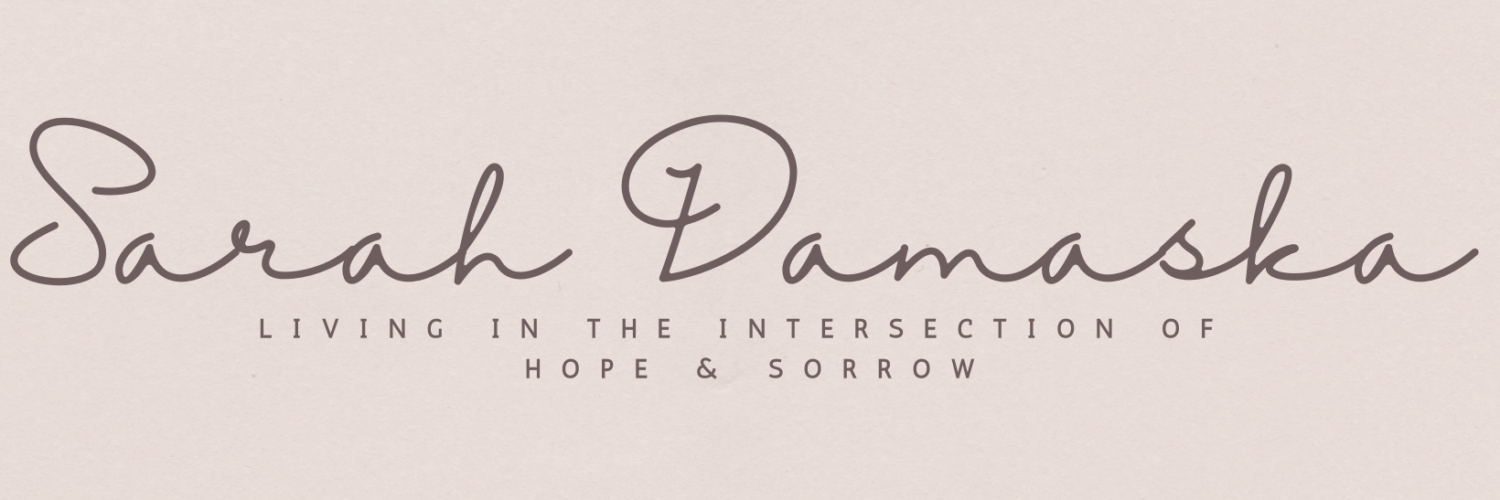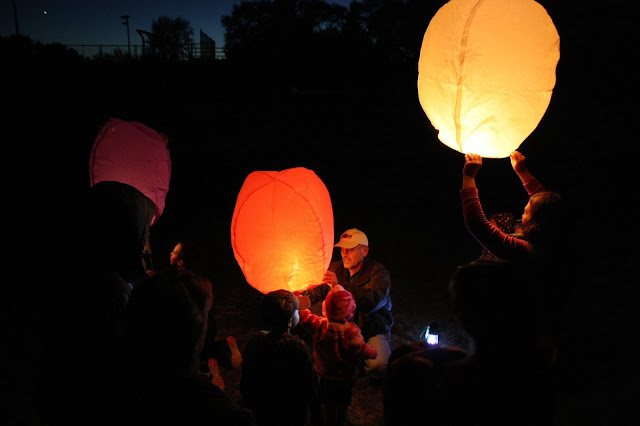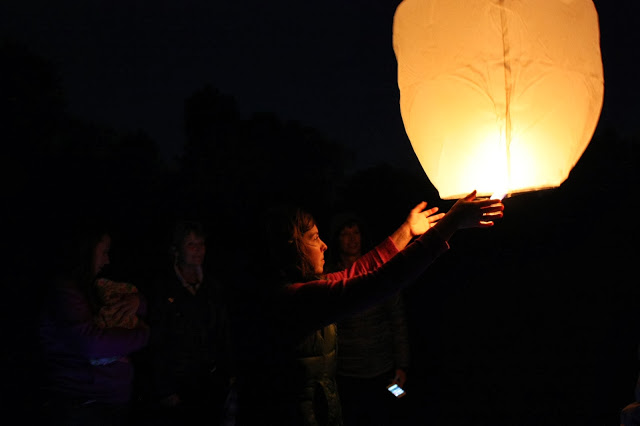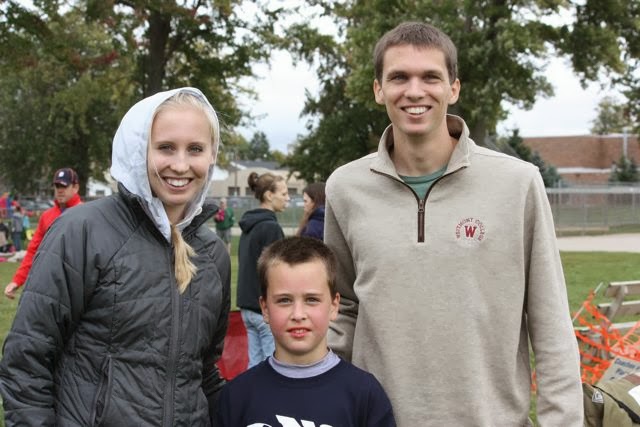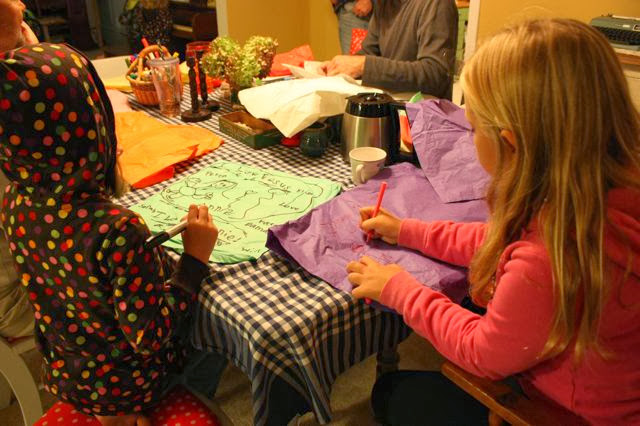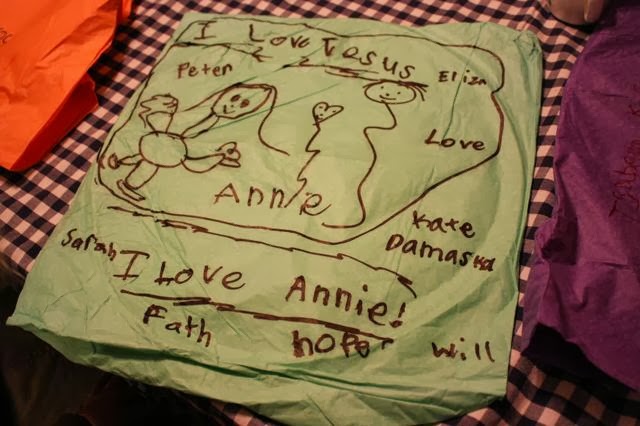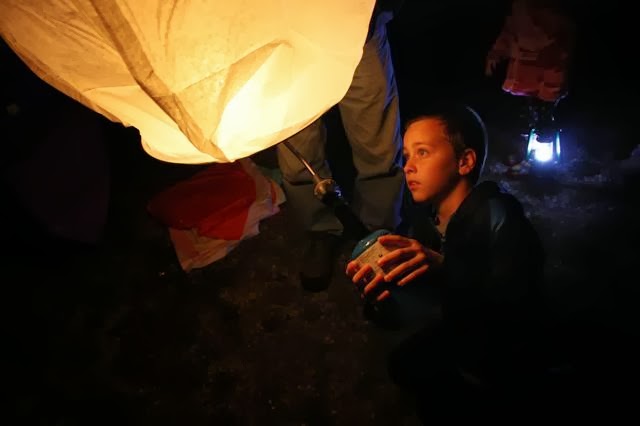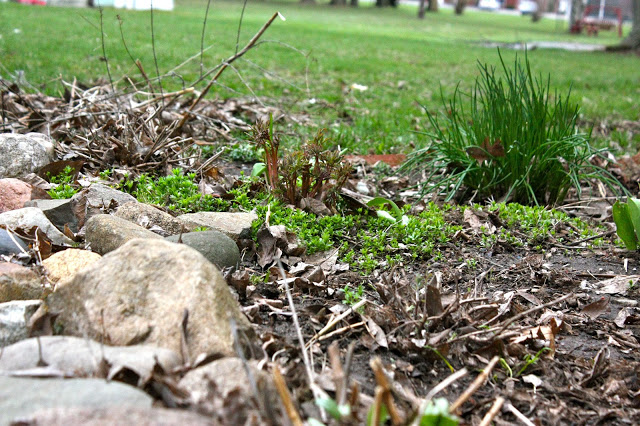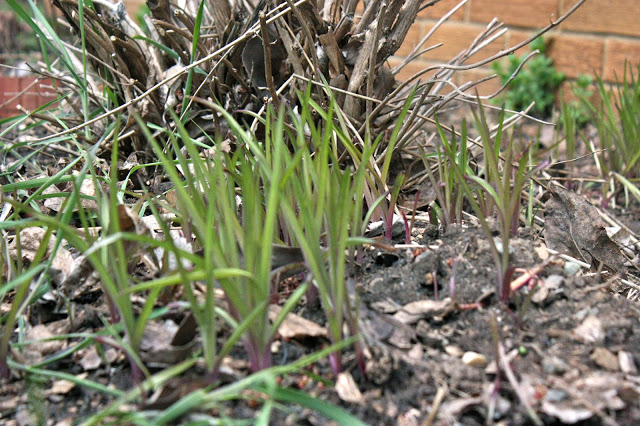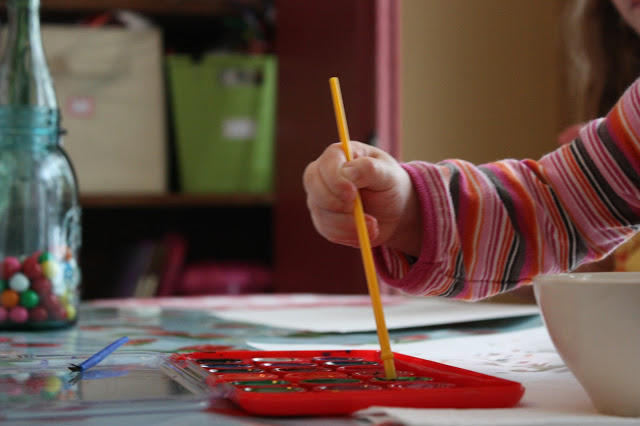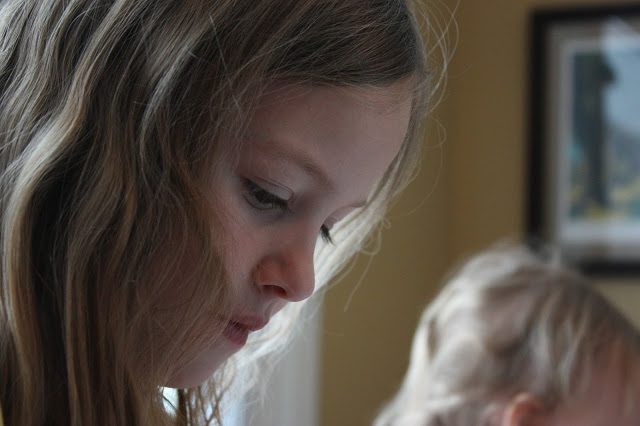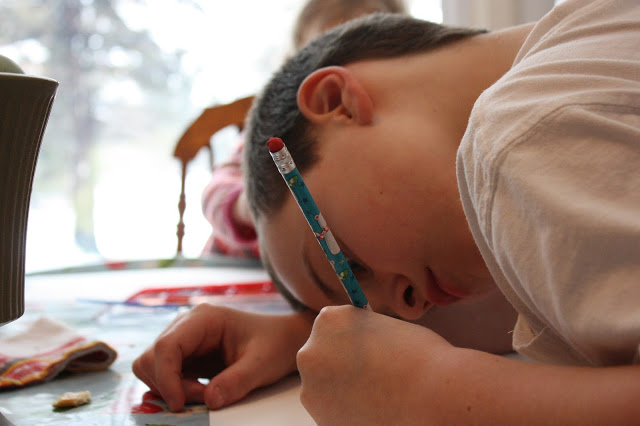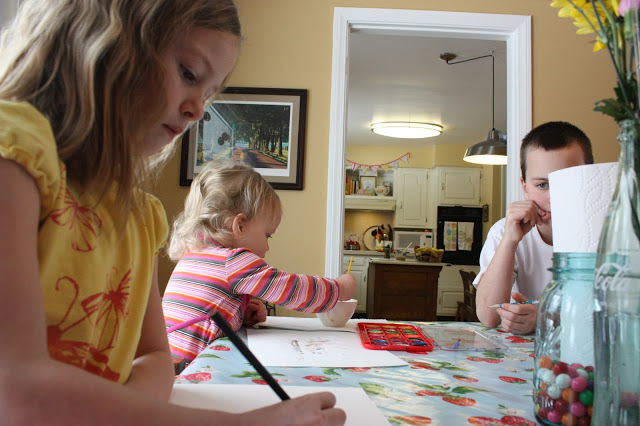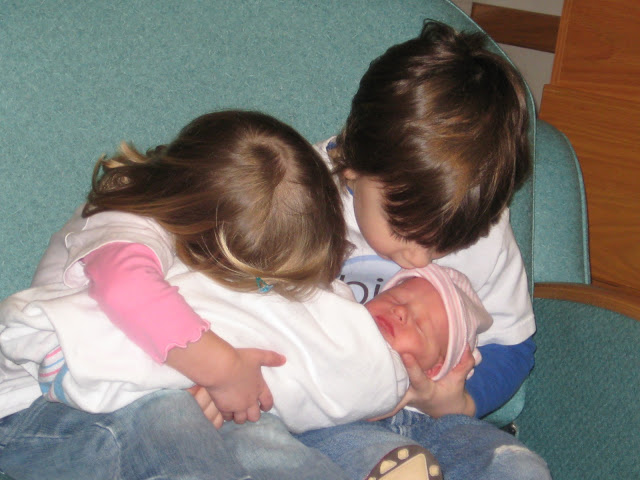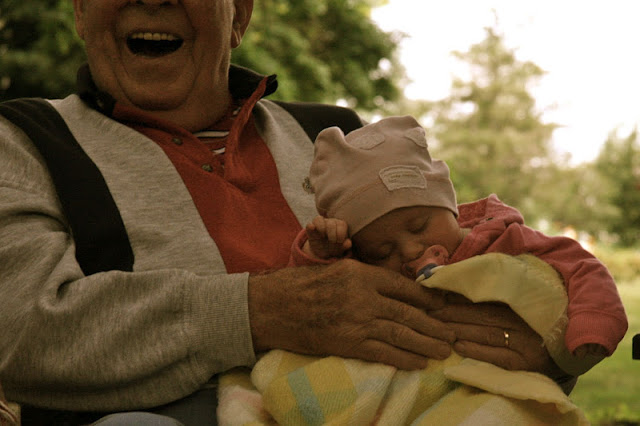When we hear the news that someone has lost a baby or a child or someone close to us has gotten a “diagnosis”, we immediately want to do something. It’s just human nature . . . and yet it’s often difficult to know what to do.
You’d think I’d be an expert on this, but I’m not. I struggle, too. Just this morning I stood with another Mom who got a phone call from a concerned doctor regarding her daughter, and I didn’t know what to do. I prayed the most confusing, awkward prayer with her, because I didn’t have the words. It’s just never easy.
So. I don’t have a magic formula. But I have been on the receiving end of good and bad help. And I want to help you to be able to navigate the waters when you find yourself wanting to reach out to someone who is facing a season of grief.
Here’s my short list:
- Don’t shy away from using names. You know, I say and hear each of my kids’ names dozens of times a day . . . except for Annie. And that makes me so sad. When someone talks to me and uses her name, it is deeply meaningful to me.
- Be a brave friend. It’s risky to approach a Mom who’s just buried a baby or who spends her days pacing the halls of a hospital and ask how she’s doing. But it’s always worth the risk. People have told me that they didn’t want to bring it up because they were afraid of making me sad on a day I was doing better . . . but honestly, still she is never far from my mind. Knowing that others are checking in on me has always encouraged me and strengthened me.
- Do your best to remember. I’m only four years into this grief thing, but as the years go by, there are less people who remember the day Annie was born and the day she died. And I totally understand. There are countless people in my life that I wish I remembered their anniversaries, but I just forget. But I will tell you that when someone remembers now, it means the world to me. Also? There are other days that may be hard for your friend. Mother’s day is bittersweet to me and my own birthday is sometimes hard, too. Also? I’ve learned that remembering later on is fine. I used to beat myself up if I forgot to send a card right away. Now I know that the first days of grief are intense, but surrounded by others who are praying. Once that intensity dies down it’s easy to get depressed and discouraged. So a card or an invitation to coffee a few months down the road was a needed reminder that I hadn’t been forgotten.
- Don’t forget the men. You know, I think women do a great job at surrounding one another, encouraging one another, creating a support network . . . our husbands, not so much. I can remember one particular Sunday when I stayed home and Peter came home to tell me how many of my friends had asked how I was doing. He was happy about the support I received, but crushed that they hadn’t acknowledged his grief, too. So don’t forget men grieve, too.
- Be specific. I received so much help those first few months– meals, babysitting, books, money, etc. and it was all so great, but it was really overwhelming, too. When someone came to me and said, “I want to do something for you. How can I help?”, I had no answers. I felt so paralyzed by the smallest decisions. It was much easier for me to hear, “I’d like to bring you a meal this week. How about Tuesday?” (Freezer meals were good, too, when I was especially overwhelmed).
- Let go of expectations. Don’t expect a thank you note or take it personally if you leave a message and don’t get a call back. I desperately wanted to send heartfelt thank you notes to everyone, but I just didn’t have the energy. I’m telling you, these small things can seem like the biggest obstacles when you’re grieving. Those who set me free from these expectations lifted the biggest burden off of me.
- Make sure your advice is Godly and Biblical. I cannot tell you the number of people who felt led to tell me something that God had told them to tell me. It disturbed me, because a majority of the time, I was presented with some sort of feel-good advice that had absolutely no Biblical basis. Things like “God will only give you what you can handle” when I felt like I was drowning in grief. When you feel God pressing you to share with your hurting friend, please, please make sure it’s sound Biblical advice. Tread very carefully. When Annie died, I felt like I had to reexamine my life and look at everything through this new lens. I was so vulnerable and I didn’t know what was true anymore. I didn’t have much capacity to sort through what was truth and what wasn’t. This can be so dangerous. You, as a friend, have a big responsibility to help others who are hurting by giving them Truth. (I have a list of resources that helped me right here)
- Be wise in giving space. One of the most confusing things to me was what was comforting. I had one friend who sat and talked to me at my house every Wednesday night. I had a really hard time in crowds of people, so Church for the first year was quite difficult. She saw my need and she was there for me. But there was another older, well-meaning lady who hovered around me for the first six months. It was as if she thought I would break into a million pieces at a moment’s notice and wanted to be there to sweep me up. It was unnerving to glance over my shoulder and see her there all. the. time. Now it’s comical. But then, I just wanted her to go away. It’s good to be available for your friend, but trust that she’s going to be okay. Pray through your actions. God promises to give you wisdom– so use it! And if you sense that she needs some space, don’t take it personally. Pray for her and realize that she’s traveling an unknown path.
